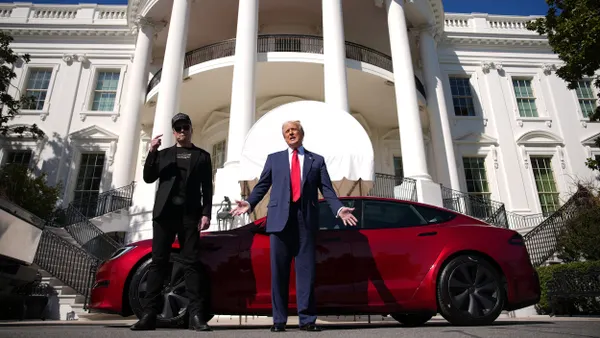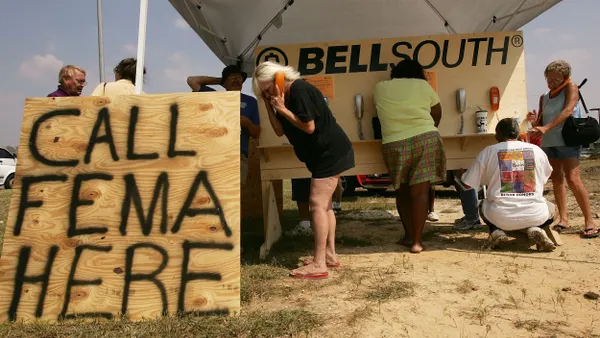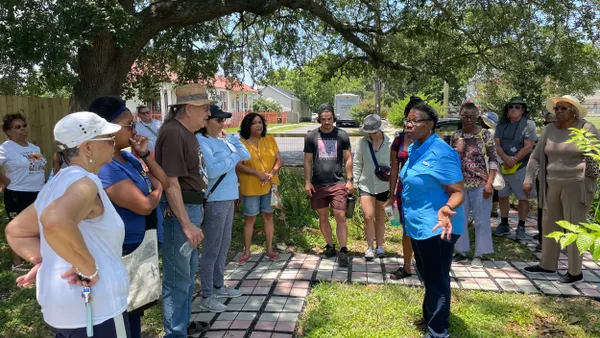Dive Brief:
- At a June 29 briefing on Capitol Hill, organized by the Environmental and Energy Studies Institute (EESI), experts and organizers — including former EPA official Mustafa Ali, Congressman Sean Patrick Maloney and past president of the Sierra Club Aaron Mair — gathered to discuss the importance of working and promoting policy to protect America's waterways.
- The speakers reiterated how devastating proposed budget cuts to the EPA could be for states and geographic regions, like the Chesapeake Bay, that rely heavily on federal funding.
- "Donald Trump is not bigger than the environmentalist movement," Maloney said. "Donald Trump is not bigger than the progress we’ve made in protecting our air, our water and our natural resources." Maloney commended his constituents who had taken action at a local level to clean up waterways in the Hudson River Valley.
Dive Insight:
The goals of the Clean Water Act, established in 1972, have not been updated since. The 1972 act calls for the end of pollutants being discharged into navigable waters by 1985 and for a water quality that "provides for the protection and propagation" of wildlife and "provides for recreation in and on the water" by 1983.
Neither of those goals have been achieved on the national level, leaving a window for cities to step in and work to achieve clean water goals in their jurisdictions. In Baltimore, for example, the Healthy Harbor Project is working on a goal to achieve a swimmable and fishable harbor by 2020 and, earlier this week, the city approved over $400 million to work on sewage infrastructure. The city of Austin just recommitted to utilizing data to manage resources, including water usage and waste. Washington, D.C. recently installed the nation's first smart wastewater pumping system.
There's already been a call for an "Internet of Water" to propagate sustainable water use. The same kind of measures could be utilized to keep water clean, especially since cities, as hubs of waste collection and industrial work, are major source points of water pollution. With the global urban population growing, and expected to keep growing, cities are already in a critical position to keep water clean and safe.









